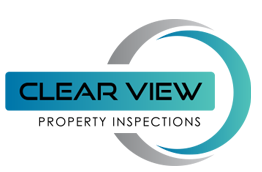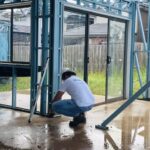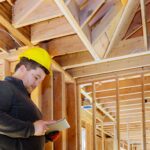How much does a building inspection cost in Australia?
Curious about the cost of a building inspection in Australia?
Let’s delve into what influences the price.
Understanding Varied Costs
Asking for the price of a property inspection is a bit like asking how much a car costs – the answer depends on several factors.
Picture yourself inquiring about the price of a car without specifying its make or model. Similarly, building inspections encompass a broad spectrum of costs influenced by factors such as property size, age, location, and the type of inspection required.
Much like different car dealerships offering diverse prices, the cost of building inspections varies by region. For example, in Queensland, only licensed builders conduct inspections, whereas in NSW, virtually anyone, even a hairdresser, can do so.
The depth of the inspection directly impacts its cost. While basic inspections for standard-sized properties typically fall within the $300 to $600 range, more comprehensive assessments covering additional features like pools or sheds command a higher price.
When weighing your options, it’s essential to consider long-term savings. Opting for the cheapest inspection may overlook critical issues, underscoring the value of investing in an experienced, qualified, and reputable inspector who can potentially save you thousands in future repair costs.
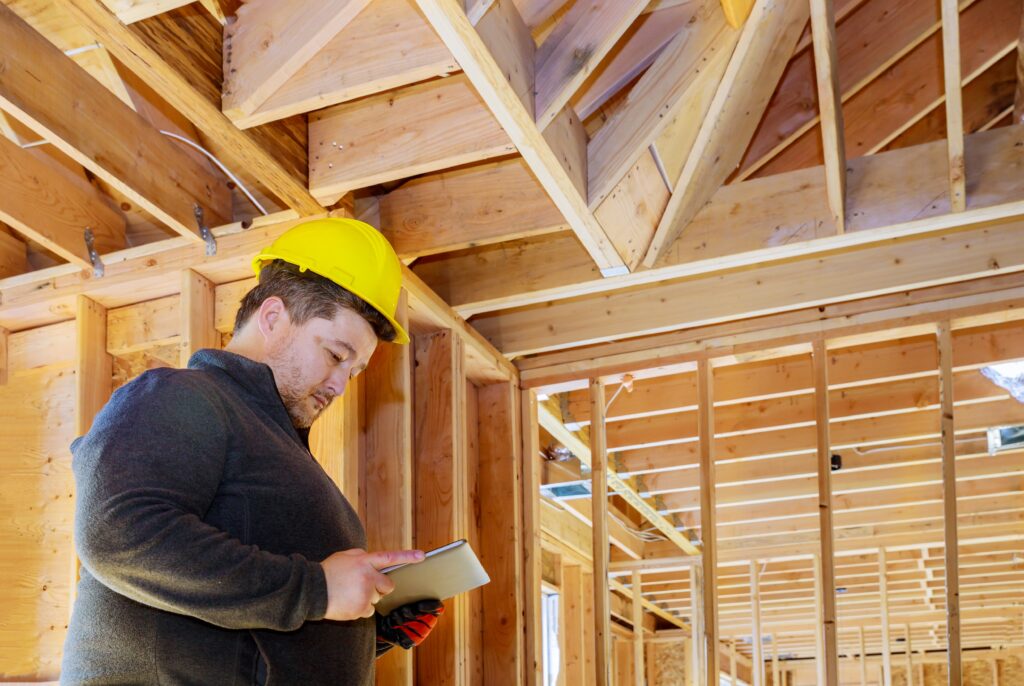
There are several factors that affect the cost of a building inspection.
What are the variables that determine how much you need to pay for a building inspection?
The cost of a building inspection can vary depending on several variables.It’s important to remember that the cost of a building inspection is a small investment compared to the potential cost of repairing or fixing hidden issues or damages in the property. When choosing a building inspector, it’s important to consider their experience, qualifications, and reputation rather than just the cost.
Here are some of the factors that can impact the cost:
Location of the property:
The location of a property inspection is an important consideration that can impact the inspection process and results.
Here are some points to consider regarding the location of the property inspection:
- Type of property: The type of property being inspected can impact the location of the inspection. For example, a residential property inspection is typically done on-site, while a commercial or industrial property inspection may require access to restricted areas or specialized equipment.
- Accessibility: The accessibility of the property is also a consideration. If the property is in a remote location or has limited access, it may require additional time and resources to conduct the inspection.
- Climate: The climate in the location of the property can also impact the inspection. In areas with high rainfall or humidity, for example, inspectors may need to pay extra attention to potential issues such as moisture damage or mold growth.
- Local building codes and regulations: Building codes and regulations can vary by location, so it’s important to ensure that the inspector is familiar with the specific requirements for the area where the property is located.
- Environmental factors: Environmental factors such as the presence of natural hazards like earthquakes, floods, or bushfires can impact the inspection process and results. Inspectors may need to take additional precautions or consider specific issues related to these environmental factors.
- Local property market: The local property market can also impact the inspection. For example, in areas with high demand for property, inspections may be more rushed or less thorough, which can impact the accuracy of the results.
When scheduling a property inspection, it’s important to consider these factors and ensure that the inspector is knowledgeable about the specific location and potential issues that may arise. This can help ensure that the inspection is as thorough and accurate as possible.
The building inspector’s expertise and years of experience:
Are you using a builder? Ensure you check the license number.
Are you using a licensed pest controller for the termite inspection? Ensure you check the license number. (You may check the EPA website to look for the license number.)
Time it will take to finish the building inspection:
How much time will they allow on the job? How experienced are they, and how fast can they do the inspection?
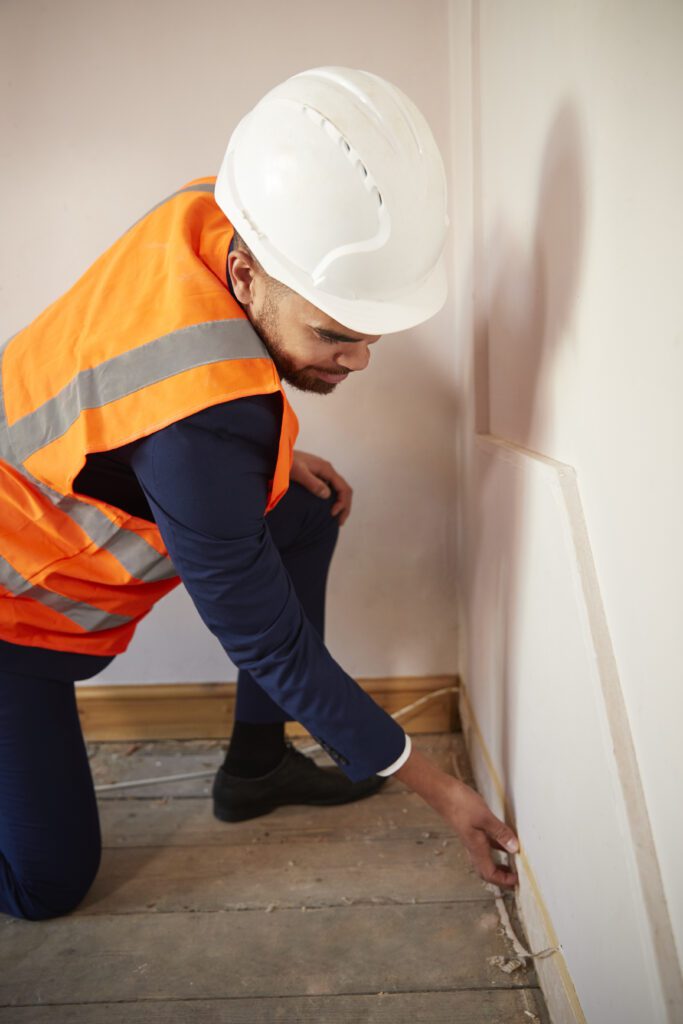
The cost of a building inspection will depend on several factors. It is necessary to consult a property inspector to get a cost estimate for your property.
Equipment and technology:
What technology will they be using for the inspection? Thermal cameras, termatrac t3i, Drones?
A property inspection requires a range of equipment and technology to thoroughly assess the condition of a property. Here are some of the most commonly used equipment and technologies in property inspections:
- Moisture meters: These devices are used to detect moisture levels in walls, floors, and other surfaces. They can help identify potential issues such as water damage, leaks, or mould growth.
- Thermal imaging cameras: These cameras use infrared technology to detect temperature differences in building materials. They can help identify issues such as insulation problems, leaks, or electrical faults.
- Borescopes: These are small, flexible cameras that are used to inspect areas that are difficult to access, such as inside walls, pipes, or air conditioning ducts
- Ladders and Drone: These are essential for accessing hard-to-reach areas such as roofs or elevated areas.
- Mobile reporting software: This software allows inspectors to create detailed reports on-site using mobile devices, which can be immediately shared with clients.
The use of advanced equipment and technology can improve the accuracy and efficiency of property inspections, ensuring that potential issues are identified and addressed. It’s important to choose an inspector who uses up-to-date equipment and technology and has the expertise to interpret the results effectively.
Insurance:
It is important for a building inspector to have insurance. Building inspections can have a significant impact on the sale of a property, and any errors or omissions on the part of the inspector can result in financial loss for the buyer or seller. Insurance provides protection against such losses.
There are several types of insurance that a building inspector may need, including:
- Professional Indemnity Insurance: This insurance protects against claims of negligence, errors, or omissions in the performance of professional duties. It covers the cost of legal fees and compensation in the event of a claim.
- Public Liability Insurance: This insurance provides protection against claims of property damage or personal injury that occur as a result of the inspector’s work.
- Workers’ Compensation Insurance: This insurance covers the cost of medical treatment and lost wages for employees who are injured on the job.
Having insurance demonstrates that the building inspector is committed to providing high-quality services and protecting their clients’ interests. When choosing a building inspector, it is important to verify that they have appropriate insurance coverage and to ask for proof of insurance if necessary.
In general, how much does a building inspection cost?
We have found you can find an inspector for as little as $400 and as high as $1500 and everything in between.
But keep in mind that there are some things to consider when trying to obtain building inspection prices for a home.
Request a FREE Quote
Contact us for a comprehensive building inspection:
- Phone: 02 8329 7997
- Email: [email protected]
- Service Areas: All of Sydney and Central Coast, NSW
Invest in quality inspections for informed property decisions.
